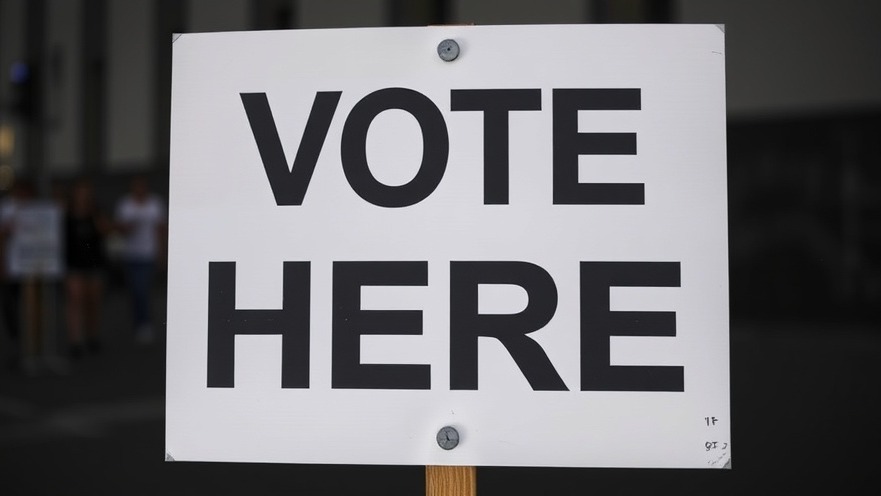
Texas Legislature's New Bill Eases Voting Challenges
The Texas Legislature has approved a pivotal bill aimed at easing the burdens placed on counties regarding polling place requirements. Senate Bill 985, which passed with bipartisan support, seeks to roll back stringent measures enacted under a 2023 law that compelled certain counties to significantly increase the number of polling locations, often without adequate resources to do so. This shift comes at a crucial time as Texas prepares for the upcoming elections, with state officials acknowledging the challenges faced by local election administrators.
Understanding the Legislative Shift
SB 985 is a response to widespread difficulties encountered by election officials across Texas counties. Previously, the 2023 legislation mandated counties to augment polling places dramatically, a requirement that proved arduous for many jurisdictions. For example, in Harris County, Texas’s most populous area, election officials reported needing to offer more than 100 additional polling sites compared to previous elections. This led to logistical challenges, including shared voting equipment between parties due to insufficient resources (a fear raised by officials from both major political parties).
Supporters Advocate for Rational Solutions
State Senator Paul Bettencourt, the bill's champion, emphasized that this new legislation is a "commonsense correction" aimed at easing the operational strains on counties rather than compromising voter access or integrity. Supporters argue that reducing the mandated polling places would not only save taxpayer dollars but also enhance voter access. Election officials expressed that the bill facilitates a more manageable approach to voting logistics, allowing for the combining of small precincts to optimize resources.
Concerns Raised by Opponents
However, not all feedback regarding SB 985 has been positive. Critics, particularly from the Democratic side, have voiced worries that the bill could inadvertently reduce voter access by limiting the number of polling locations. There are calls for greater investment in election infrastructure instead of diminishing polling opportunities. Local officials, such as Brazos County Elections Administrator Trudy Hancock, have pointed out that limitations in funding for staffing and equipment could create further issues.
Future Implications for Texas Voting
The ramifications of SB 985 are likely to echo throughout the state as the 2025 elections approach. With the law expected to go into effect by September, counties must now prepare to adapt their election processes. Adjusting polling place strategies and complying with the new legislation will be paramount in ensuring smooth and fair elections in Texas. The Texas Association of Election Officials and other proponents believe this new law will improve overall voter experience without compromising election integrity.
Conclusion: What This Means for Voters
The passage of SB 985 marks a significant turning point for election administration in Texas. While the intention is to create a more accessible and manageable voting environment, it remains crucial for all stakeholders—especially voters—to scrutinize how these changes unfold. As discussions about election laws continue in Texas, residents must remain informed and engaged in the democratic process.
For the latest updates on how this legislation impacts upcoming elections and voter participation, stay tuned to your trusted Texas news sources!
 Add Element
Add Element  Add Row
Add Row 



Write A Comment